The Austrian War of Succession was the result of the death of Emperor Charles VI. and the thus ending rule line of the House of Habsburg in the male line. Although his daughter Maria Theresia took the throne, but some other European rulers made hereditary claims which ultimately led to the war.
Mehr lesen
The Austrian War of Succession
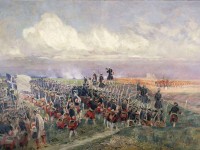
The great nordic war
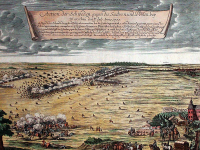
The Great Northern War evolved from Sweden's policy of expansion, which governed the country under the reign of Charles XI. to grow a major power in the Baltic Sea region. After his death in 1697 was followed by his son Charles XII. and an anti Sweden alliance saw his chance come to take action against...
Mehr lesen
The French Wars of Louis XIV.
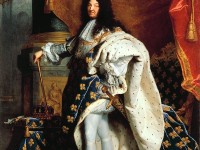
When Louis XIV entered the French throne in 1643, he was only 5 years old. In the meantime, Cardinal Mazarin took over the official duties, giving Ludwig a high degree of education and preparing him for his future office over the years.
After the death of the Cardinal in 1661, Louis himself took over the rule...
Mehr lesen
The Anglo-Dutch naval wars
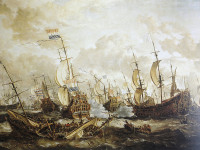
The military dispute between England and the Netherlands consisted of several wars in the 17th and 18th centuries, which were fought mainly between the naval forces of both countries. The main reason for the conflicts was, on the one hand, the emergence of both nations as the dominant naval power in Europe and, on the...
Mehr lesen
The English Civil War

While the Thirty Years' War was slowly coming to an end in the Holy Roman Empire, the next religious conflict in England was already smoldering in the interplay between the conflict between King and his parliament. If the king wanted to exercise his power fully, the parliament continued to strengthen his own power. The tensions...
Mehr lesen
Thirty Years War (30 Years War)

The period in the 16th and 17th centuries was marked by conflicts motivated by political claims to power of the ruling houses or by the recurrent conflict between Catholics and Protestants. In particular, the so-called "religious war" between the two faiths claimed many victims and reached its peak in the Thirty Years War, in which...
Mehr lesen
The Anglo-Spanish War
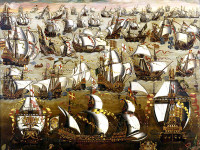
England was under Queen Maria I a country that was ruled by a Catholic. Their marriage to the Spanish King Philip II was to build a close connection between the two countries. However, after the death of Mary in 1558, her Protestant half-sister Elizabeth I followed not only to diplomatic tensions, but after alliances with...
Mehr lesen
The Spanish-Dutch War (Eighty Years War)

In the 16th century, the territory of the Netherlands included not only the Netherlands itself, but also Belgium, Luxembourg and part of Northern France. This area was also part of the Holy Roman Empire German Nation which was governed by the Spanish branch of the Habsburgs. As in France, the idea of the Reformed Church,...
Mehr lesen
The Huguenot wars
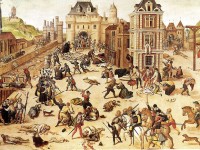
In France, in the 16th century, the reformation led to the break-up of society into two religious camps: Catholics and Protestants (also known as Huguenots) .This Mutual Intolerance led to a French civil war which in the period between 1562 and 1598 resulted in 8 wars expanded.
(more…)...
Mehr lesen
The rise of the Ottoman Empire
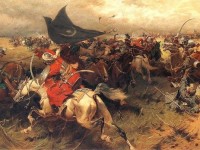
In the 15th century, the Turkish Ottomans already dominated large parts of today's Turkey, the Balkans and the north of Greece. On May 29, 1453, they conquered Constantinople and thus wiped out the Byzantine Empire. At the beginning of the 16th century, the Ottoman Empire, with incredible speed and efficiency, more than doubled its territory...
Mehr lesen








